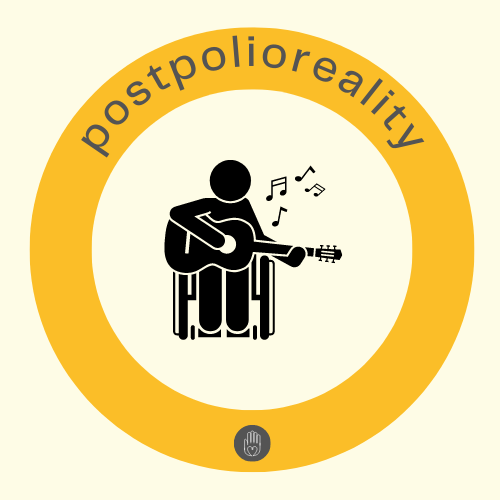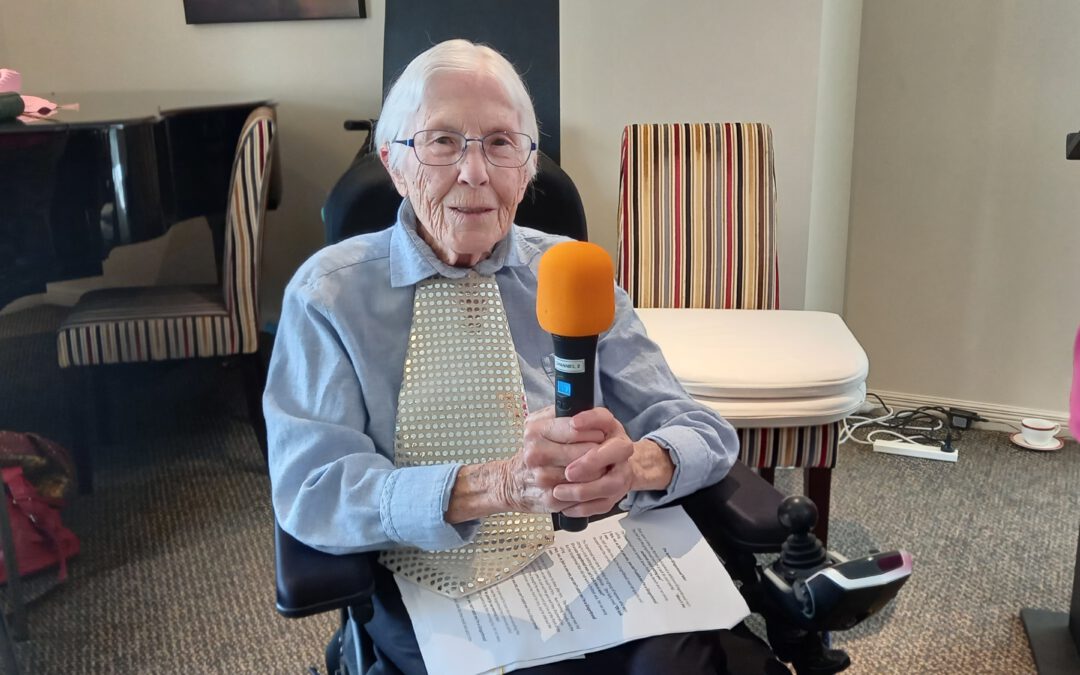My name is Karen Butterworth. I’m a Kiwi – not a small brown fruit or large wingless bird, but a fawny-pink New Zealander (I hate the words ‘white’ or ‘black’ applied to people). I’m a 4th generation Kiwi of the Pakeha variety; that is, lacking any Maori descent. I am learning to be bicultural as a basis for welcoming all cultures to our shores.
In 1943, aged nine, I was paralysed by polio in all four limbs and trunk. I made a partial recovery, then led a ‘normal’ life by concealing my weaknesses wherever possible. In the mid-20th century this was prudent, otherwise you were treated with pity, contempt; or occasionally, admiration for your ability to do simple everyday things. E.g. ‘Karen just got up that step!’ There were exceptions. Some people just treated you as a human being.
In the 1990s, when the Late Effects of Polio made my disabilities more visible, I slowly became a proud polio survivor. I joined the Post Polio Support Society of New Zealand (now PolioNZ), where I exchanged tips with others on living with our condition, including how to demand respect by standing proud (figuratively, because few of us could do so literally). My specialty was, and is, speaking proud. Thank goodness polio left my vocal chords intact! I also write proudly, today with the aid of a voice-operated system.
Some of you may be wondering what the Late Effects of Polio (LEOP) is. It is a progressive condition, that comes to many polio survivors 30 to 60 years after the initial disease. It can be slowed by prescribed exercising and pacing. The best explanation I have read is in ‘The Polio Paradox: What You Need to Know’ (2004) by Doctor Richard Bruno, who now has an informative Internet presence, see especially http://www.postpolioinfo.com/bruno.php My posts on this site will focus on my life with LEOP over the past quarter-century.
Haere ra (Farewell)
Karen Butterworth

